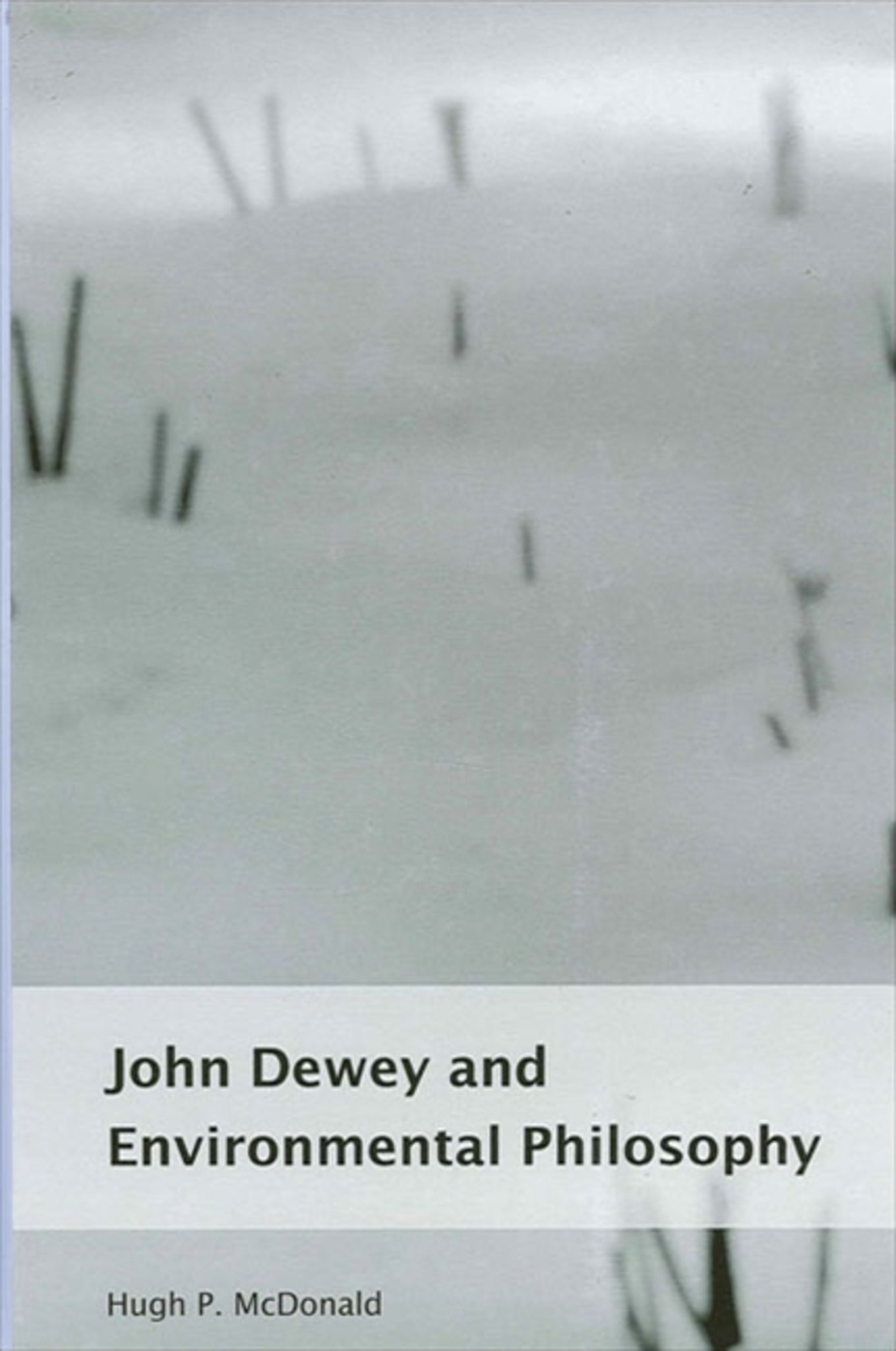We're sorry. An error has occurred
Please cancel or retry.
John Dewey and Environmental Philosophy

Some error occured while loading the Quick View. Please close the Quick View and try reloading the page.
Couldn't load pickup availability
- Format:
-
20 November 2003

A comprehensive look at how John Dewey's ethics can inform environmental issues.
Hugh P. McDonald's John Dewey and Environmental Philosophy breaks new ground by applying Dewey's insights to a new approach to philosophy of the environment; the concern for the rights of animals; the preservation of rare species, habitats, and landscapes; and the health of the whole ecology. The book summarizes much of the current literature on environmental ethics, concentrating on the writings of major figures in the movement: Tom Regan, J. Baird Callicott, Holmes Rolston, and Bryan Norton. The heart of the book consists of a detailed analysis of Dewey's ethics, his theory of intrinsic value, and his holistic approach to moral justification. Arguing against the idea that Dewey's philosophy is anthropocentric, McDonald makes a strong case that using Dewey's philosophy will result in a superior framework for environmental ethics.


ACKNOWLEDGMENTS
PREFACE
1. Environmental Ethics and Intrinsic Value
PROLOGUE TO CHAPTER TWO
The Setting of the Problem of Pragmatism and the Environment: The Critique of Pragmatism as an Environmental Ethics in Taylor, Bowers, Katz, and Weston
2. Dewey's Naturalism
3. Dewey's Instrumentalism
4. Dewey's (Moral) Holism
5. Dewey's Ethics as a Basis for Environmental Issues
EPILOGUE: Pragmatism and Environmental Ethics
NOTES
BIBLIOGRAPHY
INDEX



